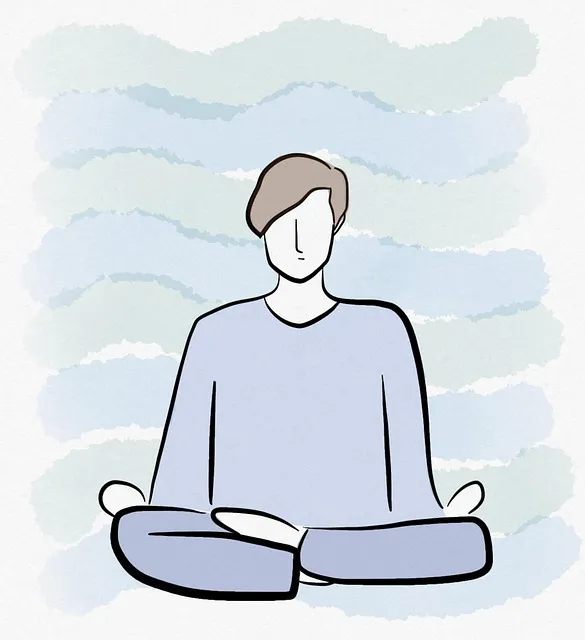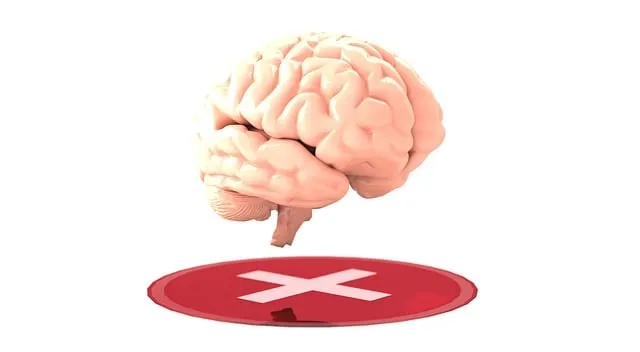Chronic stress, a leading cause of mental health issues like anxiety and depression, can be managed through emotional intelligence and healthy coping mechanisms, as emphasized by psychologist Parker. Kaiser Permanente's holistic approach includes programs like the Mental Health initiative, support groups, workshops, and an outreach program to make resources accessible. The Parker Guide offers tailored stress reduction strategies, promoting mindfulness, positive thinking, and creative outlets for improved mental well-being, in line with Kaiser Permanente's comprehensive care model.
Stress reduction is a vital component of maintaining good mental health, and organizations like Kaiser Permanente recognize this. This article explores effective strategies for managing stress, drawing insights from Kaiser Permanente’s approach, as well as offering practical techniques from Parker’s Guide. Understanding the impact of stress on our mental well-being is the first step towards adopting healthier habits. By implementing these methods, you can navigate life’s challenges with resilience and promote a balanced mental state, just like Kaiser Permanente encourages its members to do.
- Understanding Stress and Its Impact on Mental Health
- Kaiser Permanente's Approach to Stress Reduction
- Effective Stress Management Techniques: Parker's Guide
Understanding Stress and Its Impact on Mental Health

Stress is a natural response to challenging situations, but when it becomes chronic, it can significantly impact mental health. According to Kaiser Permanente mental health experts, understanding stress and its triggers is the first step towards effective stress reduction. Prolonged stress can lead to various mental health issues, including anxiety, depression, and even cognitive decline. It affects not just our emotional state but also physical well-being, as studies have linked chronic stress to heart disease, high blood pressure, and a weakened immune system.
Recognizing the impact of stress on mental health is crucial. Parker, a renowned psychologist, emphasizes the importance of Mind Over Matter principles in managing stress. Emotional Intelligence plays a pivotal role here, helping individuals recognize and regulate their emotions during stressful situations. By adopting healthy coping mechanisms, such as mindfulness, exercise, and social support, one can navigate life’s challenges with resilience, thereby fostering better mental health outcomes.
Kaiser Permanente's Approach to Stress Reduction

Kaiser Permanente, a healthcare organization known for its comprehensive approach to well-being, places significant emphasis on mental health and stress reduction. Their strategy involves integrating various practices into their services, ensuring a holistic view of patient care. One notable initiative is the Kaiser Permanente Mental Health program, which offers a range of resources, including therapy, support groups, and education sessions tailored to individual needs.
The organization also recognizes the power of community engagement and has implemented successful programs like Stress Management Workshops and Trauma Support Services. These initiatives aim to empower individuals with coping mechanisms and provide a safe space for open discussions on stress-related topics. Additionally, Kaiser Permanente’s Community Outreach Program ensures that mental health resources reach diverse communities, making well-being support accessible to all.
Effective Stress Management Techniques: Parker's Guide

Stress management is a vital aspect of maintaining overall well-being, and Kaiser Permanente mental health services offer valuable resources for individuals seeking guidance. Parker’s Guide provides an insightful framework to navigate stress reduction techniques tailored to modern living. By incorporating empathy building strategies and emotional intelligence, one can foster a sense of resilience and calm amidst life’s challenges.
The guide emphasizes the power of positive thinking as a transformative tool. Through mindful practices and cognitive reframing, individuals can change their relationship with stress, turning potential threats into manageable tasks. Whether it’s adopting relaxation techniques like meditation or exploring creative outlets, these strategies offer a holistic approach to well-being, encouraging folks to prioritize their mental health from the comfort of home, much like Kaiser Permanente’s comprehensive care model supports its members in navigating various aspects of their health.
Stress reduction is a vital component of maintaining good mental health, and as Kaiser Permanente understands, it can significantly impact overall well-being. By adopting effective techniques such as those outlined in Parker’s Guide, individuals can better navigate life’s challenges. Incorporating these strategies into daily routines empowers folks to foster resilience and enhance their mental health, just as Kaiser Permanente advocates for proactive care.






